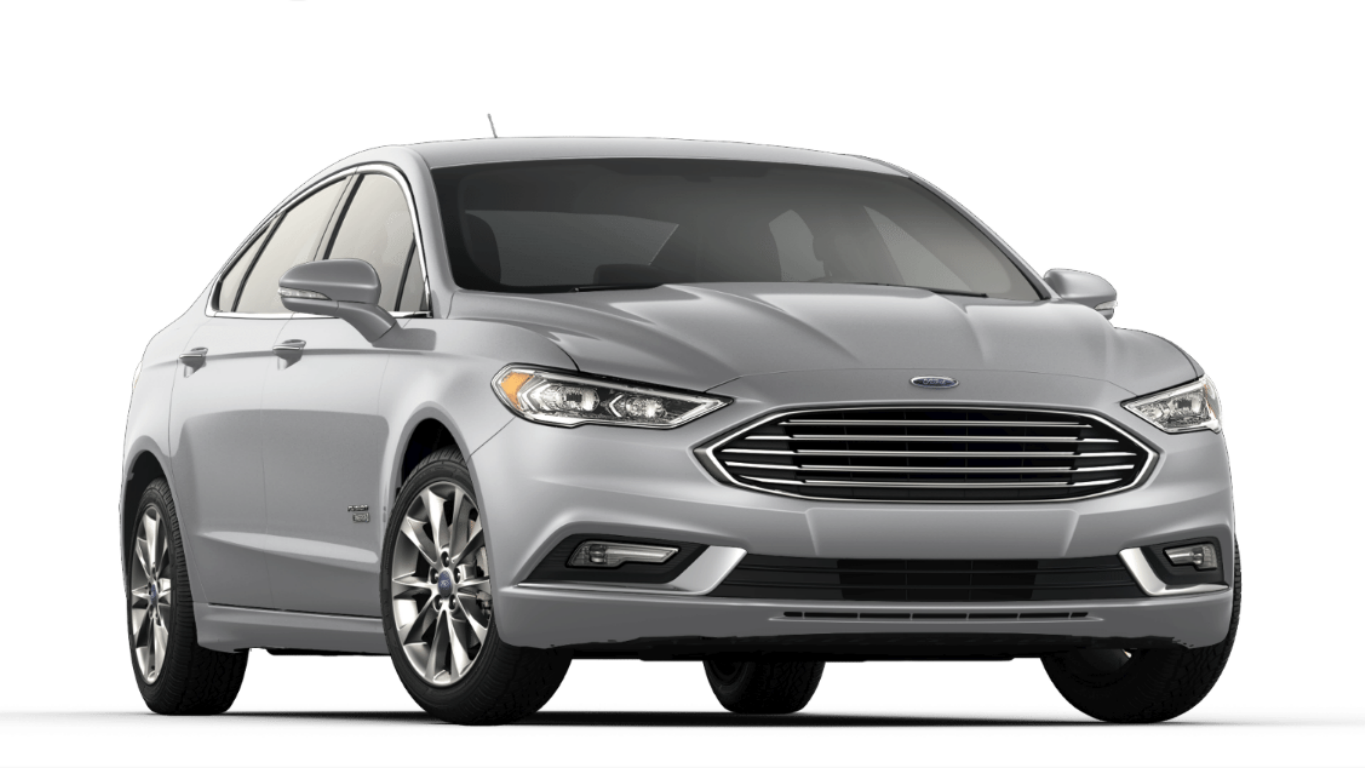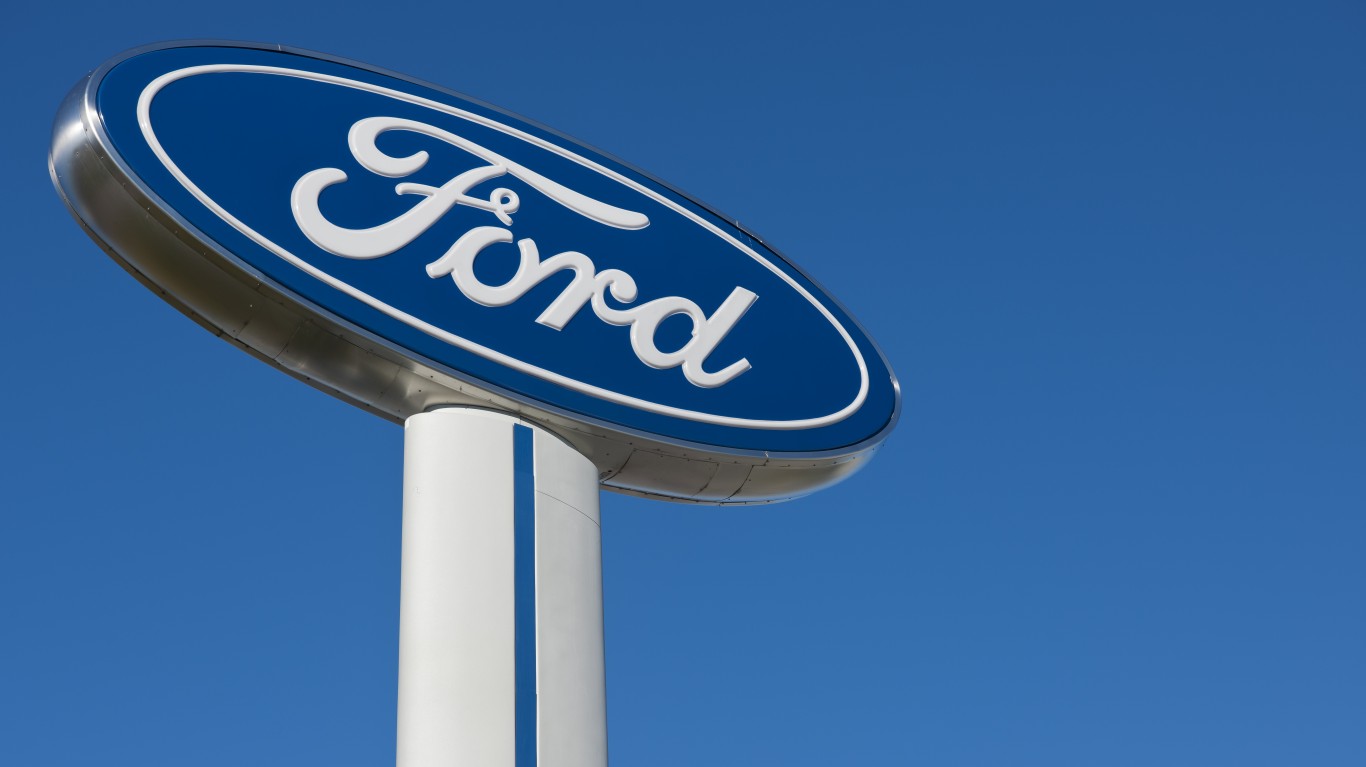
Last year, car sales in the United States were battered from March well into the late fall because of the COVID-19 pandemic. People stayed away from dealerships, because of both the disease and the financial uncertainty and unsettled job market. Toward the end of 2020, sales started to return to “normal,” particularly for some brands and models.
Demand for cars by brand and model varies widely. Manufacturers and dealers constantly work to balance inventory.
One primary measure of inventory is the average number of days it takes to sell an individual car once it reaches the dealer. Usually, this is 40 to 50 days. This means dealers have enough cars in inventory to meet customer demand, but not so may as to strain their physical facilities and raise their expenses.
The auto industry is headed toward a major inventory problem. Chips used to make many vehicles are in short supply. The problem is so acute some car companies expect their earnings to be undermined. Car & Driver recently reported:
The first signs of a semiconductor shortage appeared late last year, and now, a month and a half into 2021, the scope of the impacts is coming into view. Plants across North America are seeing production schedules adjusted to properly allocate the limited number of microchips—which are made up of semiconductors—reaching automotive assembly plants.
However, this is an unusual cause for inventory problems. Cars may well catch the public’s attention and sales spike higher than the manufacturer expected. Alternatively, special discounts on an individual car can pull people to dealers. Then dealers are left with unhappy potential customers. Manufacturers are left to decide if they should change factory production.
On the other hand, some cars have so little demand that dealers cannot clear their lots of them. These dealers are stuck with vehicles that they bought from manufacturers, only to see them sit in inventory for months, or as much as half a year.
iSeeCars keeps monthly data on “days to sell” by vehicle as a means to determine the balance of supply and demand. The average number of days to sell across the industry in January was 46, which is within the normal range. However, the days to sell figure for a Ford Fusion Hybrid was 179.
The Ford Fusion is a sedan built and sold by a company that is trying to exit the car business in the United States and move much more into the sport utility vehicle, crossover and pickup markets. The Fusion was one of these holdovers. In fact, the regular version of the Fusion was the vehicle with the second most days to sell at 157. Several other vehicles on the list were also small sedans.
These are the slowest-selling cars in America:
| Vehicle | Days to Sell | Average |
|---|---|---|
| Ford Fusion Hybrid | 179.7 | $26,490 |
| Ford Fusion | 157.7 | $22,942 |
| Honda Fit | 113.1 | $18,680 |
| Kia Sedona | 102.9 | $32,039 |
| Chevrolet Trax | 102.1 | $21,499 |
| Mitsubishi Mirage G4 | 97.1 | $16,210 |
| Ford EcoSport | 96.7 | $22,023 |
| Kia Rio | 96.5 | $15,918 |
| Hyundai Elantra GT | 94.9 | $21,820 |
| Nissan Versa | 94.4 | $17,203 |
| Buick Envision | 94.4 | $34,684 |
| Volkswagen Passat | 91.8 | $25,183 |
| Buick Encore | 85.5 | $23,715 |
| Honda Insight | 83.6 | $26,530 |
| Nissan Leaf | 82.8 | $35,579 |
| Volkswagen Jetta | 81.9 | $21,582 |
| Toyota Corolla Hybrid | 80.2 | $24,149 |
| BMW X7 | 80.0 | $90,455 |
| Hyundai Ioniq Hybrid | 77.7 | $25,749 |
| Kia Niro | 76.1 | $26,204 |
| Toyota Camry Hybrid | 74.7 | $31,409 |
| Dodge Journey | 74.1 | $22,351 |
| Buick Enclave | 74.0 | $46,413 |
| Toyota Avalon Hybrid | 73.1 | $41,204 |
| Infiniti QX60 | 73.0 | $50,102 |
Click here to see the car Americans don’t want to buy.
Click here to see the most reliable car you can buy in America.
It’s Your Money, Your Future—Own It (sponsor)
Are you ahead, or behind on retirement? For families with more than $500,000 saved for retirement, finding a financial advisor who puts your interest first can be the difference, and today it’s easier than ever. SmartAsset’s free tool matches you with up to three fiduciary financial advisors who serve your area in minutes. Each advisor has been carefully vetted and must act in your best interests. Start your search now.
If you’ve saved and built a substantial nest egg for you and your family, don’t delay; get started right here and help your retirement dreams become a retirement reality.
Thank you for reading! Have some feedback for us?
Contact the 24/7 Wall St. editorial team.




